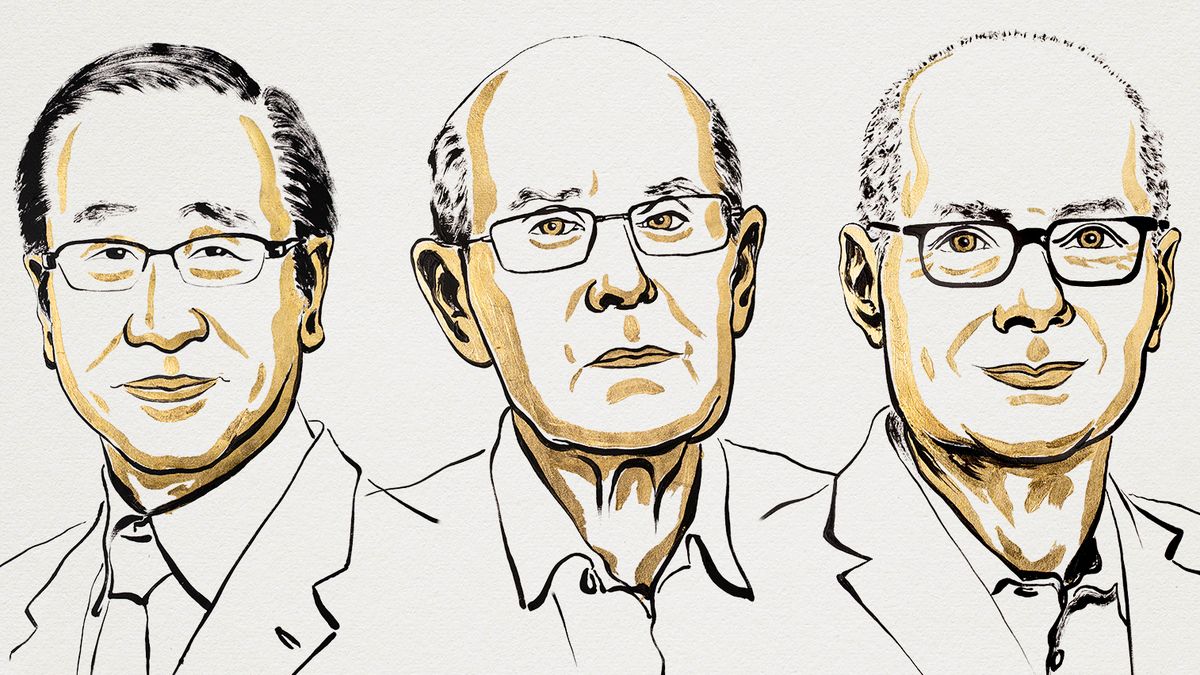This puts them in a range of 1.5 to 1.75 percent. It is the third interest rate hike since the start of the corona pandemic and the first increase of 0.75 percentage points since 1994.
The Fed is also predicting significantly lower economic growth this year than assumed three months ago. The gross domestic product (GDP) of the world’s largest economy is expected to grow by 1.7 percent. That would be 1.1 percentage points less than forecast in March. The US Federal Reserve is also anticipating a higher inflation rate than previously assumed for the current year. Despite the planned increases in the key interest rate in 2022, the inflation rate is expected to average 5.2 percent.
Surprise in Switzerland
Yesterday, the Swiss National Bank (SNB) surprised with a key rate hike. As of today, the key interest rate and interest on sight deposits at the central bank are minus 0.25 percent. Since January 2015, these rates have been minus 0.75 percent.
As expected, the British central bank also further tightened its monetary policy. The Bank of England announced yesterday that interest rates would rise by 0.25 percentage points to 1.25 percent. After the fifth interest rate hike in the corona pandemic, the key interest rate in Great Britain is as high as it was last in 2009. The monetary watchdogs made an initial tightening at the end of last year, further steps followed in February, March and May.
ECB increasingly lagging behind
As a result, the European Central Bank (ECB) with its hesitant attitude is falling more and more behind. The statement made yesterday by the head of the French central bank, Francois Villeroy de Galhau, was remarkable. The price hike in the euro zone is broader and does not just affect energy. Monetary policy cannot therefore simply ignore this, said the Council member of the European Central Bank (ECB) yesterday at an event in Milan.
If it were only about energy prices, some economists would say that this could be overlooked. One could then wait for these shocks to subside. “But we’re seeing inflation in Europe that’s not only higher, it’s broader,” Villeroy said. In May, inflation in the euro zone rose to a record 8.1 percent.
The ECB has therefore initiated a process of normalizing its monetary policy. “That will work,” said Villeroy. “We have the will and we have the ability to bring euro area inflation back to our target, back to 2% in the medium term,” added the French central bank governor.
Source: Nachrichten




